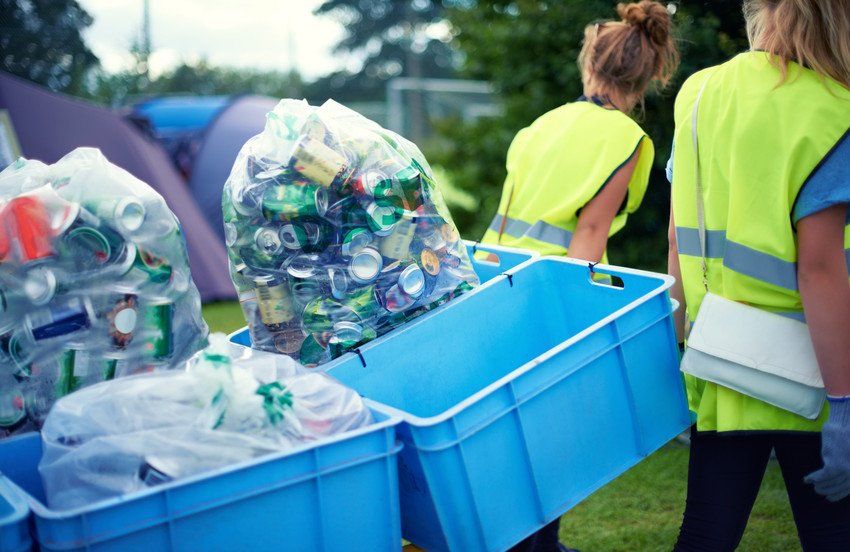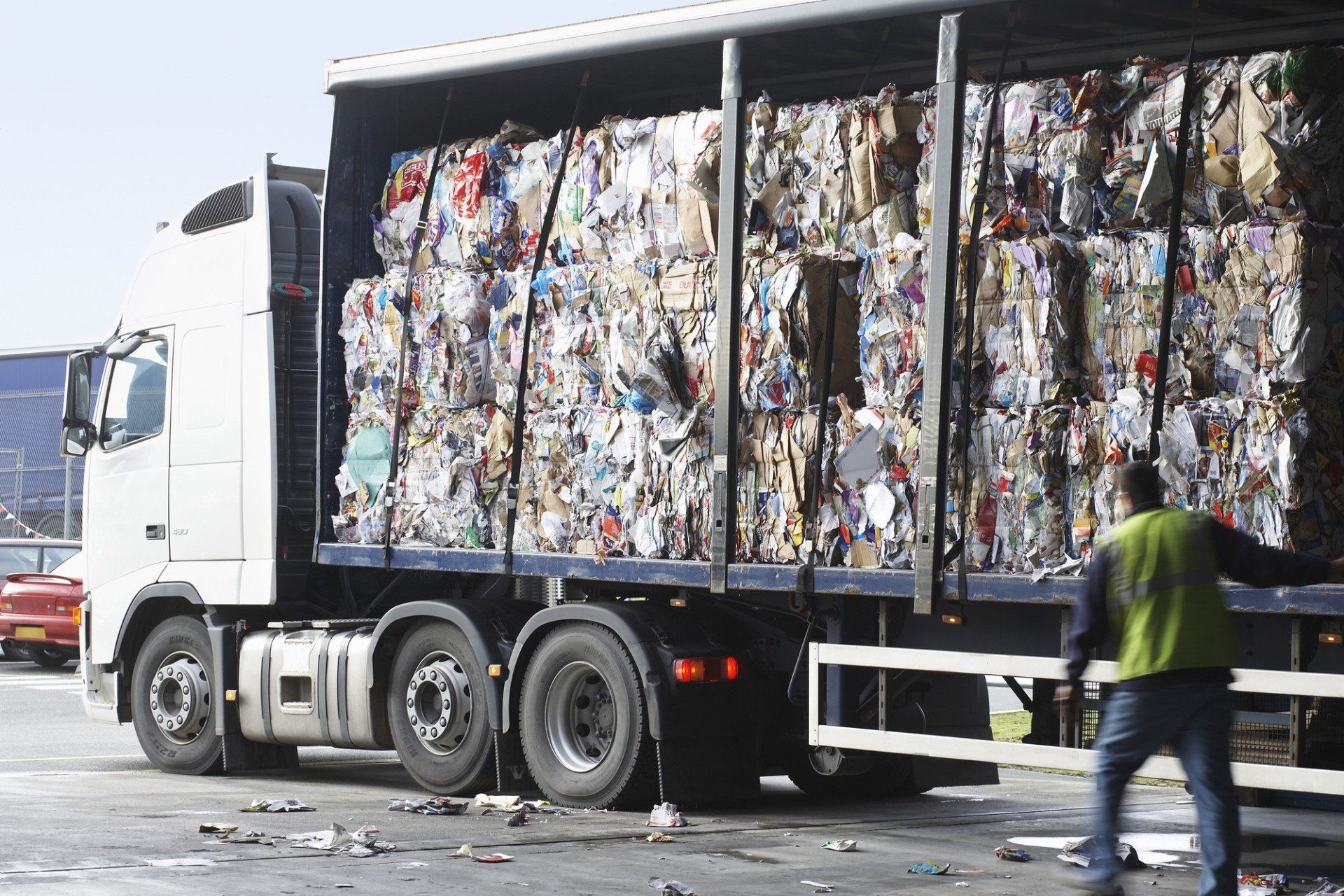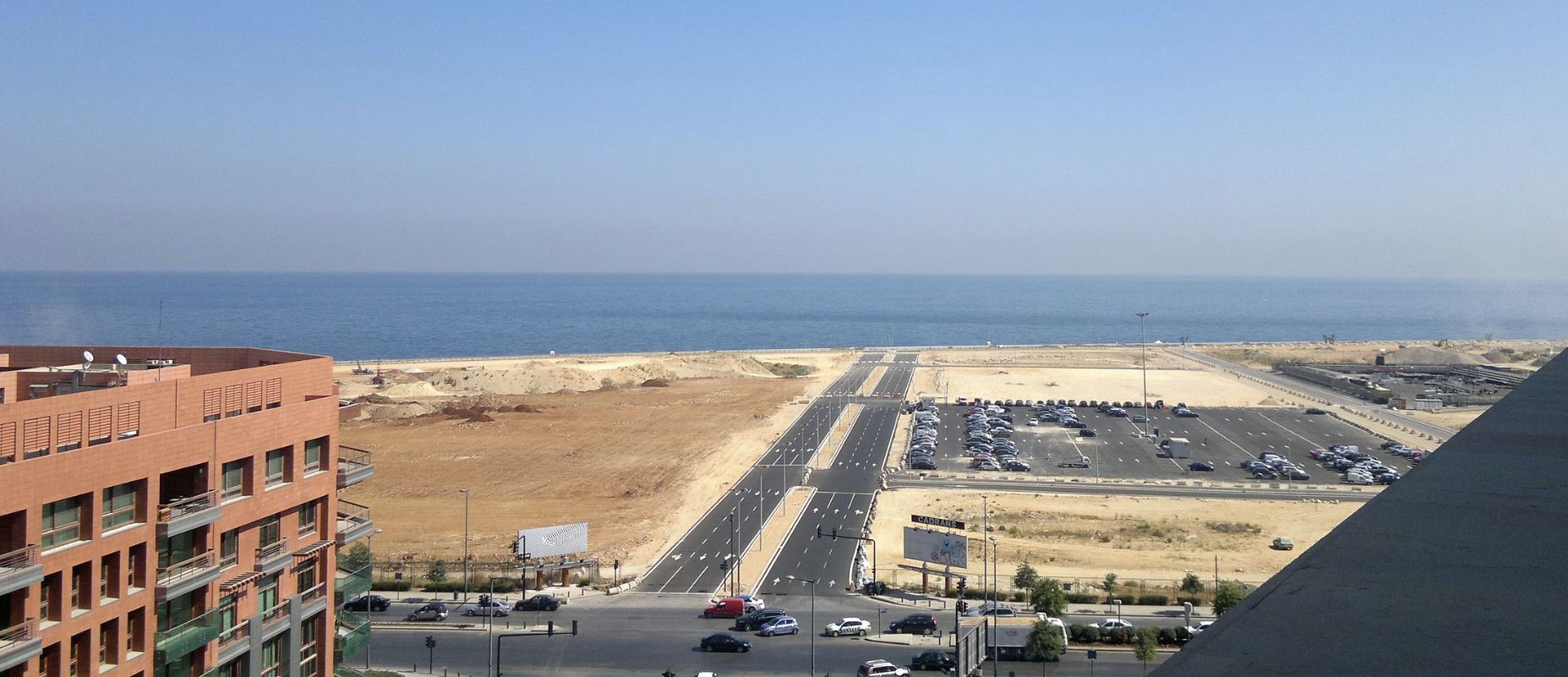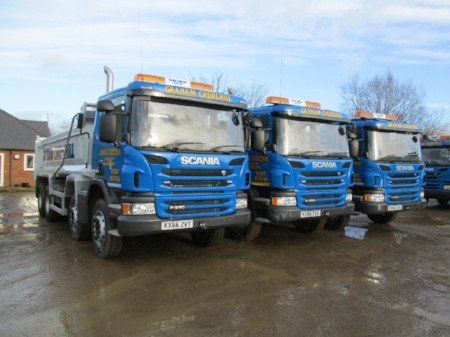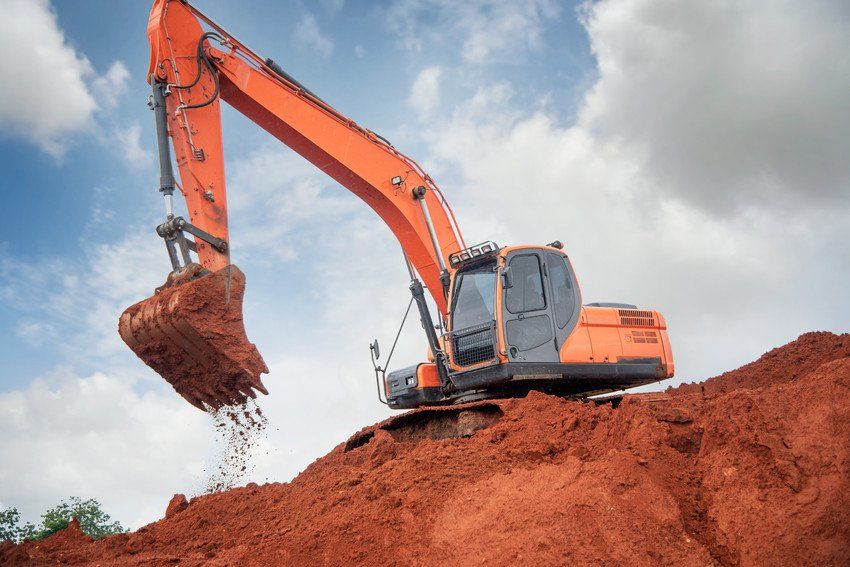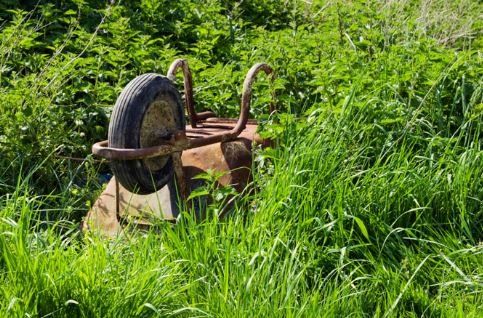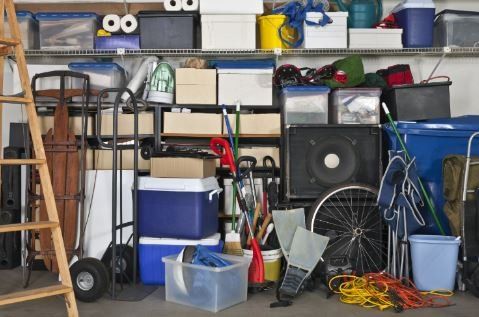Aggregates: What Are They, How Are They Made and What Are They Used For?
- By Graham Churchill
- •
- 23 Aug, 2019
- •
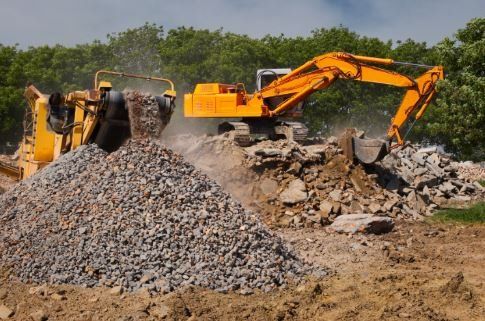
Whether you’re building a small home or a large skyscraper, aggregates are a necessity in the construction industry. After all, every building needs a solid foundation, and top-quality aggregates are essential to creating a rigid and sturdy structure.
From crushed limestone to concrete, aggregates can come in many different forms, and they’re used in both domestic and commercial projects. At a time when it’s more important than ever to be environmentally conscious, many of us are taking proactive steps to protect our planet. From recycling to having a meat-free diet, there are tons of things both individuals and businesses can do to be more eco-friendly, and the construction industry is no exception.
Many construction companies are now opting to use recycled aggregates instead of conventional ones, helping to reduce the need for virgin aggregates as well as decrease the amount of construction waste that’s sent to landfill.
The process of recycling and reusing aggregates is a fascinating one, and with this in mind, we’ve created a mini guide below. From how they’re made to why they’re beneficial, read on to discover all there is to know about recycled aggregates.
First things first, it’s essential to understand the difference between aggregates and recycled aggregates. Aggregates are a collection of granular materials that are commonly used in construction work, examples of which include sand, gravel and concrete. Aggregates are known for being the most mined materials in the world, however, as the construction industry becomes more eco-conscious, many are choosing to rely on a more sustainable option: recycled aggregates.
More and more, we’re beginning to see smaller buildings being torn down to make room for much bigger constructions, and whereas demolition waste was once sent to landfill, this is now no longer the case. Construction waste is now often sent to recycling plants where it is reprocessed, ensuring it can be reused for future construction projects- but what is involved in the recycling of aggregates?
The process of recycling construction materials
When it comes to how aggregates are recycled, there are two predominant methods used in the industry. The waste materials can be recycled at the place they were found, saving on transport costs and reducing harmful emissions produced by industrial lorries, or alternatively, they can be transported to a central plant.
More often than not, construction waste is collected by waste management professionals and taken to a recycling plant in order to be reprocessed. Firstly, materials will be separated to prevent contamination and once organised, they are ready to be transformed into aggregates. These facilities have a range of equipment and machinery used for crushing, mixing and grading different materials, ensuring they meet the required standard to be reused in construction. The Waste and Resource Action Programme issued a quality protocol in order to regulate the production of recycled aggregates. This stipulates that when purchased, these products should be delivered with documentation stating that they have been produced according to a quality assured system that ensures the product conforms to European standards.
With the process of recycling aggregates being so thoroughly regulated, it’s no surprise that many are opting for recycled materials as opposed to virgin aggregates. In 2008, it was reported that 210 million tonnes of aggregate were produced here in the UK, 67 million tonnes of which had been recycled. So, although there’s still a way to go yet, we are making steps towards a greener construction industry.
What are recycled aggregates used for?
Although it’s an obvious thing to point out, recycled aggregates are largely used in the building and construction industry. From road construction and fill for drainage to patios and driveways, recycled aggregates render themselves useful in a broad variety of building infrastructure projects and are utilised during both small and large-scale jobs.
So, when asking the question of what recycled aggregates are used for, the possibilities really are endless and, when you have top-quality materials that have been quality assured, you can guarantee they’ll be beneficial to your construction project.
The benefits of using recycled aggregates
In addition to understanding the process behind how recycled aggregates are produced and what they can be used for, it’s important to understand the benefits of switching from virgin to recycled materials. Below, we explore just a few of the many advantages of relying on recycled aggregates.
As previously mentioned, recycled aggregates are known for being an environmentally friendly alternative to virgin ones. In addition to diverting construction waste from landfill sites, using recycled aggregates helps to conserve quarried materials and reduce the amount of harmful pollutants that are released into the atmosphere. Overall, recycled aggregates are an eco-friendly option when it comes to building, the use of which is essential to working towards a greener environment.
Recycled aggregates cost less to produce and as a result, they are cheaper to purchase than their virgin counterparts. Whether in the construction industry or another sector entirely, all business owners strive to cut costs wherever possible and with recycled aggregates, you can get a cheaper product without sacrificing on quality, making it an extremely cost-effective purchase for those working in construction.
As mentioned previously, recycled aggregates can be utilised in a range of different building and construction projects and further to this, they can be suitable for both domestic and commercial projects. The flexibility and versatility of recycled aggregates is undoubtedly a selling point and is bound to be extremely convenient for you when planning your upcoming project.
When opting for recycled aggregates, you can guarantee you won’t be compromising on quality. Strict rules and regulations are in place to ensure that recycled aggregates are quality assured and of a certain standard before they’re sold, and thorough processing ensures the removal of all contaminants. Recycled aggregates are also just as strong and durable as their natural counterparts and are made to withstand the test of time. So, if you’re concerned that a reduction in price reflects a reduction in quality, you needn’t worry as recycled aggregates are extremely strong and safe to use.
Graham Churchill Plant Ltd: a waste management company in Silverstone with an array of different specialities
At Graham Churchill Plant Ltd, we offer a broad range of services to both domestic and commercial clients. Whether you require land reclamation or waste removal services, we can surely assist and we will tailor our services to suit your specific needs.
We offer a complete recycling service for building and construction businesses across Northamptonshire and can supply you with the aggregates you need for your upcoming project. From crushed limestone and concrete to topsoil and crushed tarmac, we have many products available and we strive to be eco-conscious in everything we do in order to work towards a greener environment.
As a business with over 50 years’ experience in the industry, we pride ourselves on offering an unparalleled and all-encompassing waste management service. Our experts are committed to providing a top-quality service and we promise to deliver a customer experience that’s second to none.
For more information on our solid waste management services, get in touch today and give your business the boost it needs with Graham Churchill Plant Ltd.

